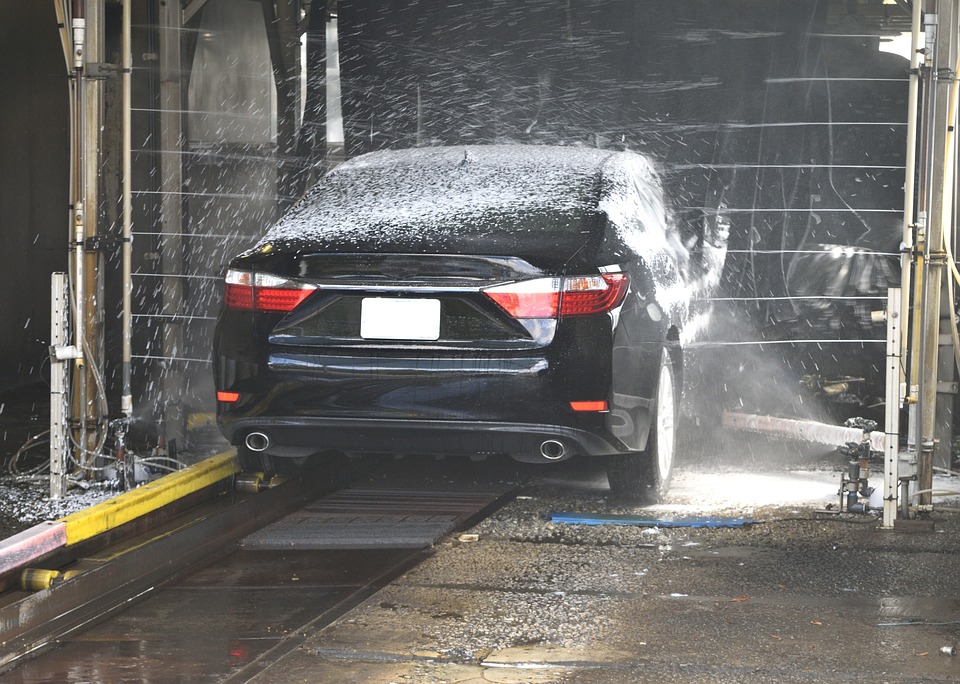
Certain car wash businesses may post in their establishment that they are not liable for vehicle damages, but it important to know your rights upfront before using a car wash, especially when it comes to autonomous vehicles.
Think you have a lemon, click here to fill out a 60 second form.
It may seem strange, but the most innovative vehicle in the world could be better off with an old-fashioned hand-wash.
Experts suggest that there are a range of problems with putting a self-driving vehicle through a traditional, automated car wash. For example, soap residue or water spots could effectively “blind” an autonomous car. A traditional car wash’s heavy brushes could disable the vehicle’s sensors, disrupting their calibration and accuracy. The worst part is that these sensors, which can cost more than $100,000, could be broken.
Believe it or not, the exterior of self-driving vehicles needs to be cleaned more frequently than a typical car because the sensors must remain free of debris, such as dirt, dead bugs, bird droppings or water spots can impact the vehicle’s ability to drive safely.
Avis, a long-time leader in the rental car industry, with years of experience managing large fleets of rental cars, has been tasked with cleaning and refueling the self-driving van fleet of Waymo, the self-driving arm of Google’s parent company.
“There are special processes that definitely require a lot more care and focus, and you have to clean [the vans] quite often,” Avis chief innovation officer Arthur Orduña told CNN. “We give them the premium level of service that I don’t think any vehicle globally is getting.”
Although, Orduña would not comment on precisely how they are washing the vehicles, other self-driving car companies such as Toyota, Aptiv, Drive.AI and Uber reported to CNN that they use microfiber cloths along with rubbing alcohol, water or glass cleaner for hand washing the autonomous vehicles.
For snowy and icy conditions, that states like Kansas experiences, Uber has a worker apply windshield washer fluid with a squirt bottle to its camera lenses. And only a wisp of air is then used to remove any remaining residue.
Other companies, such as Cruise, the self-driving group of General Motors (GM), are becoming smarter by building sensor cleaning equipment into their vehicles, which minimizes the need for manual cleaning. Startup Seeva is developing similar technology to clean autonomous vehicles’ sensors, offering a system that heats washer fluid as high as 160 degrees, and sprays it on surfaces to clean bugs, dirt or ice. These techniques are a great start to handling the problem of washing autonomous vehicles; but because they generally have numerous sensors, Seeva CEO, Diane Lansinger, feels that products like this will not be able to clean every camera, radar or LIDAR, a laser sensor that most experts see as essential for self-driving vehicles.
Lansinger says it could be some time before we can escape from manual cleaning completely, and unfortunately, “For self-driving technology to scale, we can’t have engineers paid $150,000 a year, running around the vehicles and wiping them down.”
Lemon law attorneys help their clients by dealing directly with the manufacturer on the clients’ behalf, working to promptly resolve the issue and get their clients back on the road. Thanks to the Magnuson-Moss Warranty Act, attorneys can seek their fees directly from the manufacturer, meaning a client can obtain legal counsel without having to pay attorneys’ fees directly out of pocket.
